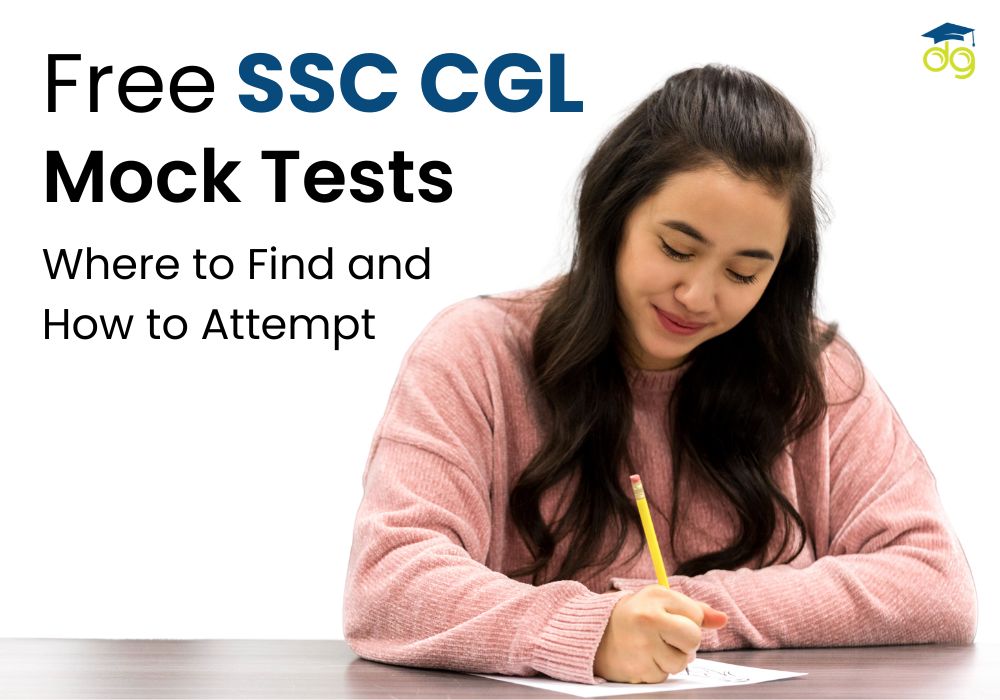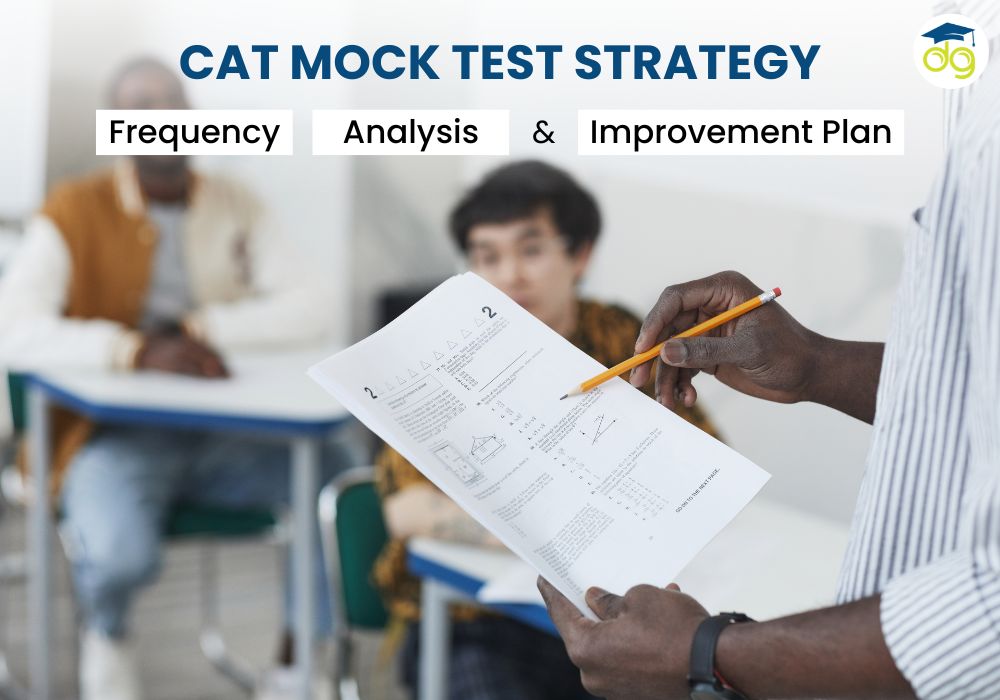How to Make Effective Notes for Any Exam – Tips & Study Techniques
Learn how to create concise, organized notes to boost exam performance
Exam preparation is not solely about the amount the student studies, but rather how you organize your study. Of all the strategies for studying, note making for examinations is an important factor in changing the game. Notes that are well-written and organized can be more than an aid for revision, as well as a way to bridge the gap between the success of your education and personal self-confidence.
No matter if a student is at college, seeking a master in business administration degree or studying internationally-based business notes play an important role in exam memory and preparation. This blog explains why making notes is crucial, how to make effective notes and how this basic method can help improve the success of exams.
Why Note-Making Matters in Education Success
A lot of students ask: what makes note-taking crucial for students? The answer lies in the way that learning occurs. Making notes requires brains to absorb information in a deeper way than simply listening or reading.
- Active Learning: Making notes involves processing, and reorganizing data, which leads to greater comprehension.
- Memory Enhancement: When students write in their own language and retain more information, it improves.
- Rapid Revision: The well-organized notepads save the time needed to finish last minute preparations.
The connection between note-taking learning and achievement can be seen clearly. One who makes well-organized, clear notes does not just retain information for longer but also establishes a consistent practice routine. Students in managerial business typically have multiple classes including marketing, finance and even strategy. In the absence of proper notes, they run the risk of confusion and overload of information.
How to Make Effective Notes for Exams
One of the most frequent concerns is how do you create efficient notes to prepare for examinations? The process is not about simply copying and pasting down everything but rather structuring, filtering and personalizing the content.
Steps for Effective Note-Making:
- Organise the Syllabus: Break down the content into manageable pieces that can be broken down into smaller parts.
- Focus on Core Concepts: Concentrate on the definitions, formulas as well as important concepts.
- Use Bullet Points: Short, crisp points improve readability.
- Diagrams and Charts: Visuals help simplify complicated issues.
- Summary of Exam Writing: Write a brief review of what you learnt in your own words.
Here's a quick overview of the preparation without and with notes:
Aspect | With Notes | Without Notes |
| Revision Speed | Quick and focused | It is slow and dispersed. |
| Retention | The High (active recall) | Lower (passive reading) |
| Exam Confidence | Strong | Weaker |
| Clarity of Concepts | With clear examples | Confusion, monotonous |
Notes that are organized and well-organized can be a crucial element of any student's test preparation strategies.
Study Techniques: Different Note-Making Styles
All students do not learn the same manner. Certain students prefer visual aids and others like structured outlines. These are the most popular note-taking methods which can be modified according to the individual's learning preferences.
Cornell Method
- Pages are divided into sections, including notes, cues, and summaries.
- Ideal for subjects that require a lot of theory, such as international business.
Mind Maps
- Visual representation of ideas.
- Ideal for brainstorming during the field of business management or in marketing research.
Flow Notes
- Quick sketches or free-flowing diagrams.
- It is useful for topics that involve methods and strategies.
Digital Notes
- Software such as Notion, Evernote, or OneNote.
- Ideal ideal for Master Business Administration students who must manage multiple tasks.
Pros and Cons Table:
Method | Advantages | Limitations |
| Cornell Notes | Simple to organize, simple to look through | It can be difficult to relax for artistic learners. |
| Mind Maps | Engaging and stimulating, increases creativity | It is difficult to determine if the application can be applied to factual topics |
| Flow Notes | Rapid, flexible | It can become chaotic if there is no organization |
| Digital Notes | Portable, searchable, eco-friendly | Requires devices, distractions possible |
Making the right choice is among the most effective methods of learning for ensuring long-term educational success.
How do I know the best way to study with notes?
A more frequent question is which is the best method of studying using notes? Notes alone are sufficient, but how they are utilized is even more.
- Active Recall: Following the reading, shut the book, then attempt to record key information out of memory.
- Spaced Repetition: Re-read notes frequently, not just prior to exams.
- Summary: Reduce a 10-page subject into one page for quicker revision.
- Self-Quizzing: Make notes into questions, and then try to answer them.
Here's a quick formula for success:
Notes + Study Technique = Exam Success |
| Structured Notes + Active Recall = Higher Retention |
| Notes + Spaced Repetition = Long-Term Memory |
| Notes + Mock Tests = Exam Readiness |
This ensures the tips on preparing for exams will be practical and efficient.
Tips for Making Study Notes
Here are some proven and tested tips:
- Make it simple: Write short keywords instead of lengthy sentences.
- Use Headings/Subheadings: Helps in scanning quickly during revision.
- Highlight the Most Important Points: Colors are used to define or formulas.
- Leave Space: Allows adding additional information at a later date.
- Review Weekly: Notes are kept up-to-date and current.
These methods form the base of effective strategies for studying and aid in building confidence for exams.
Notes Improve Exam Success
Students frequently ask How can notes help the success of their exams? The answer lies in the effect they can have on revising and retention and clarity.
- Speedier Last-Minute Revision: Instead of having to read the entire text students are able to review their notes.
- Improved understanding: Writing notes ensures the information is analyzed and structured.
- Enhance Confidence: By having notes that are organized students are more prepared and less stressed.
- Practical examples: MBA or business management students use notes to help them understand case studies or business plans.
Through combining note-taking and strong methods of learning, Students can transform the process of preparation into performance.
Note-Making and Higher Education: A Global Perspective
When it comes to higher education, especially when it comes to courses like masters in business administration and International business note-taking notes are increasing significantly.
- Fast-paced lectures are commonplace, and teachers expect independent research.
- Students learn about global notions, theories, as well as study cases.
- Notes function as an individual database to keep track of complicated subjects.
In a society in which the importance of education is an accepted conviction, a structured method of note-taking is the universal element that will ensure success.
Common Mistakes in Note-Making
Even the most skilled students may get caught in traps when taking notes. These are the most common mistakes:
Mistake | Why It Hurts | Solution |
| Writing Too Much | Incredibly confusing and overwhelming | Concentrate on the keywords and summary |
| Copy-Pasting of Books | Learning passively, with no processing | Speak in your own words |
| Disorganized Notes | It is difficult to locate key information | Utilize headings, bullets or index |
| Not Reviewing Regularly | Learning material that was forgotten | Revision sessions every week or bi-weekly |
Making sure to avoid these errors will ensure that your education will be successful. is more organized.
Exam Preparation Tips and Notes
For notes to be useful in preparation for tests, students have to incorporate them into their daily studies plans.
- Daily Review Methodology: Spend 15-20 minutes making notes daily.
- Summary sheets: Make one page summaries of each topic.
- Mock Exams: Use notes to find weak areas prior to exams.
- Studies in Groups: Sharing notes with colleagues can provide fresh perspectives.
This helps students to refine their strategies for studying and improve overall study tips for exams.
Final Checklist: Perfect Notes for Any Exam
In closing this lesson, here's a guideline that any student could adhere to:
- Organized syllabus breakdown
- Short and concise, but not complete sentences
- Diagrams, charts and highlighters
- Weekly reviews and news
- Summary of personal information for each topic
Conclusion
On the road to learning and success Note-taking is an easy but effective ally. If a student is studying for exams at school, admission tests to colleges as well as advanced courses such as mastering business administration and International Business note-taking, organized notes could make preparations more effective.
When using the appropriate strategies for studying and avoiding the most common errors by using notes correctly students will ensure that they're prepared and comfortable. For all that, smart note making to prepare for tests isn't just to pass exams but is also about creating lifelong learning strategies.
Smart note-making is just one element of a student's success in an exam. Making the best choice in your educational journey is also vital. When you use SkoodosBridge, students are able to discover the most effective learning options and get expert advice and create a strong base to build a strong foundation for their future. Begin your journey today!
FAQs
Q1. How to make effective notes for exams?
Notes that are effective are concise, well-organized and composed in your own language. Utilizing bullet points, diagrams as well as highlights make notes easy to review and keep in mind.
Q2. What is the best way to study with notes?
The ideal method is to mix notes with spaces for repetition, active recall and test-taking. Regularly reviewing notes will ensure long-term memory.
Q3. Why is note making important for students?
Note-making is crucial because it facilitates more understanding, quicker revision and better examination efficiency. Additionally, it helps develop independent abilities to learn.
Q4. How can notes improve exam success?
Notes can aid in exam preparation by reducing time while revising, increasing confidence and strengthening key concepts with individualized methods of learning.
Q5. What are tips for making study notes?
Some suggestions are to keep notes brief by using headings, color the important information, and making room for updates and reviewing them every week.
Categories
Archives
- September 202510
- August 202522
- July 202524
- June 202524
- May 202526
- April 202530
- March 202523
- February 202513
- January 202523
- December 202429
- November 20246
- September 20245
- August 202422
- July 202415
- May 20249
- June 202424
Similar Posts

How to Make Effective Notes for Any Exam – Tips & Study Techniques
by Skoodos Bridge

Sectional Cut-Offs in Banking Exams: How to Clear Them in 2025
by Skoodos Bridge

Free SSC CGL Mock Tests 2025: Best Platforms and Expert Strategies
by Skoodos Bridge

How Many Hours to Study for UPSC? Realistic Guide for Aspirants
by Skoodos Bridge

Toppers’ Advice: How to Score 99+ Percentile in CAT Exam 2025
by Skoodos Bridge


Cover NCERTs for UPSC in 60 Days: A Strategic Study Plan
by Skoodos Bridge

CAT Mock Test Strategy: Boost Scores with Analysis & Planning
by Skoodos Bridge

JEE Advanced 2026: Top Scoring Topics Based on Past Trends
by Skoodos Bridge


Leave a Comment